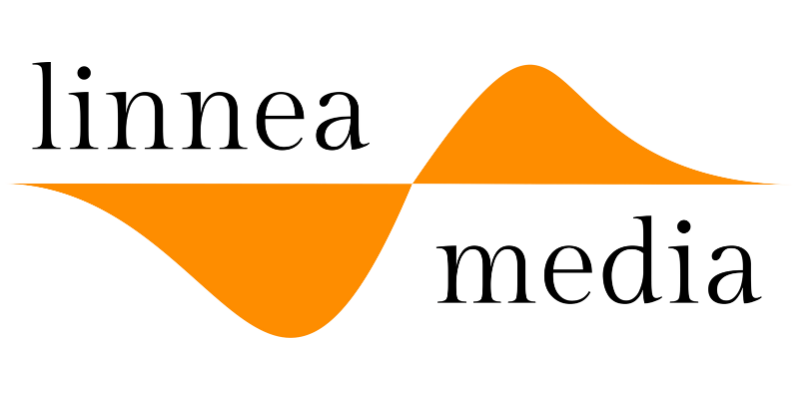Did you hear about the latest buzz in the sports and music world?
NBA teams are the latest among sports and brands to face legal trouble for using music in their social media posts without proper licenses. Major music rights holders, including Kobalt, Artist Publishing Group, Notting Hill Music, and Prescription Songs, have filed lawsuits against 14 NBA teams.
The teams, including the New York Knicks, Cleveland Cavaliers, and Miami Heat, are accused of using music in their TikTok, Instagram, YouTube, Facebook, and X videos without the necessary sync licensing deals.
Music rights holders have been increasingly vigilant about enforcing their rights as social media platforms grow in popularity. These lawsuits highlight the importance of obtaining the appropriate licenses to use music in promotional content.
The stakes are high, with previous cases like major labels’ lawsuits against Bang Energy resulting in favorable outcomes for rightsholders. Settlements, such as Sony Music’s case against Gymshark and Sony against Marriott, also underline the financial risks involved.
Sync Licensing 101: What’s the Big Deal?
So, what’s the big deal with sync licensing? Sync licensing is a type of music license that allows the licensee to synchronize music with visual media, such as videos, advertisements, or social media posts. Without these licenses, using music in such contexts can lead to hefty legal battles, as we’re seeing with these NBA teams.
The list of teams facing lawsuits includes high-profile names like the New York Knicks, Philadelphia 76ers, Atlanta Hawks, and Denver Nuggets, among others. These teams are accused of using unlicensed music in their social media content, which can lead to significant financial penalties and settlements.
Interested in learning more about music sync licensing and how it can impact your career or business? Read my blog here for an in-depth guide and tips on navigating the world of sync licensing.
The Ripple Effect on Social Media Strategies
These lawsuits are more than just legal squabbles; they could reshape how brands and sports teams approach their social media strategies. For teams and brands, this means becoming more cautious and diligent about securing the proper music licenses before posting content. It’s a stark reminder that even large organizations are not immune to the strict rules governing intellectual property.
Teams must now navigate the complexities of sync licensing, ensuring every piece of music used in their promotional content is properly licensed. This not only protects them legally but also respects the rights of artists and creators who deserve to be compensated for their work.
Looking Forward
The outcome of these lawsuits could set a precedent for how music is used across social media platforms by brands and organizations. As the digital landscape evolves, so too must the practices around music licensing. Brands and sports teams will need to adapt, possibly investing more in obtaining the necessary licenses and perhaps even rethinking their content strategies to avoid legal pitfalls.
In the meantime, it’s crucial for anyone involved in content creation to stay informed and compliant with licensing requirements. Proper licensing not only avoids legal trouble but also ensures that creators are fairly compensated for their work.
For more detailed insights and updates on these cases, check out the full articles on Musically, Music Business Worldwide, and Sportskeeda.




